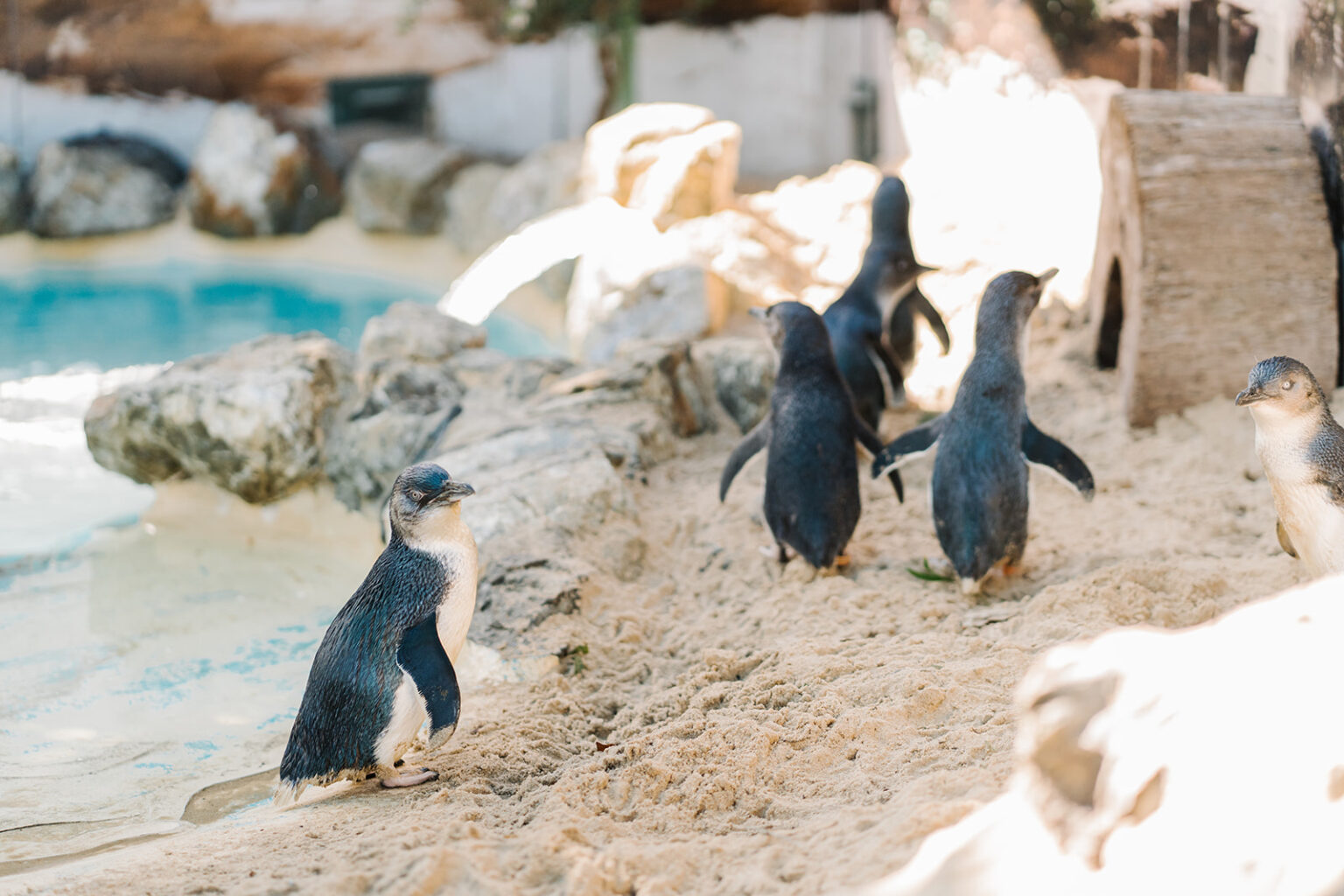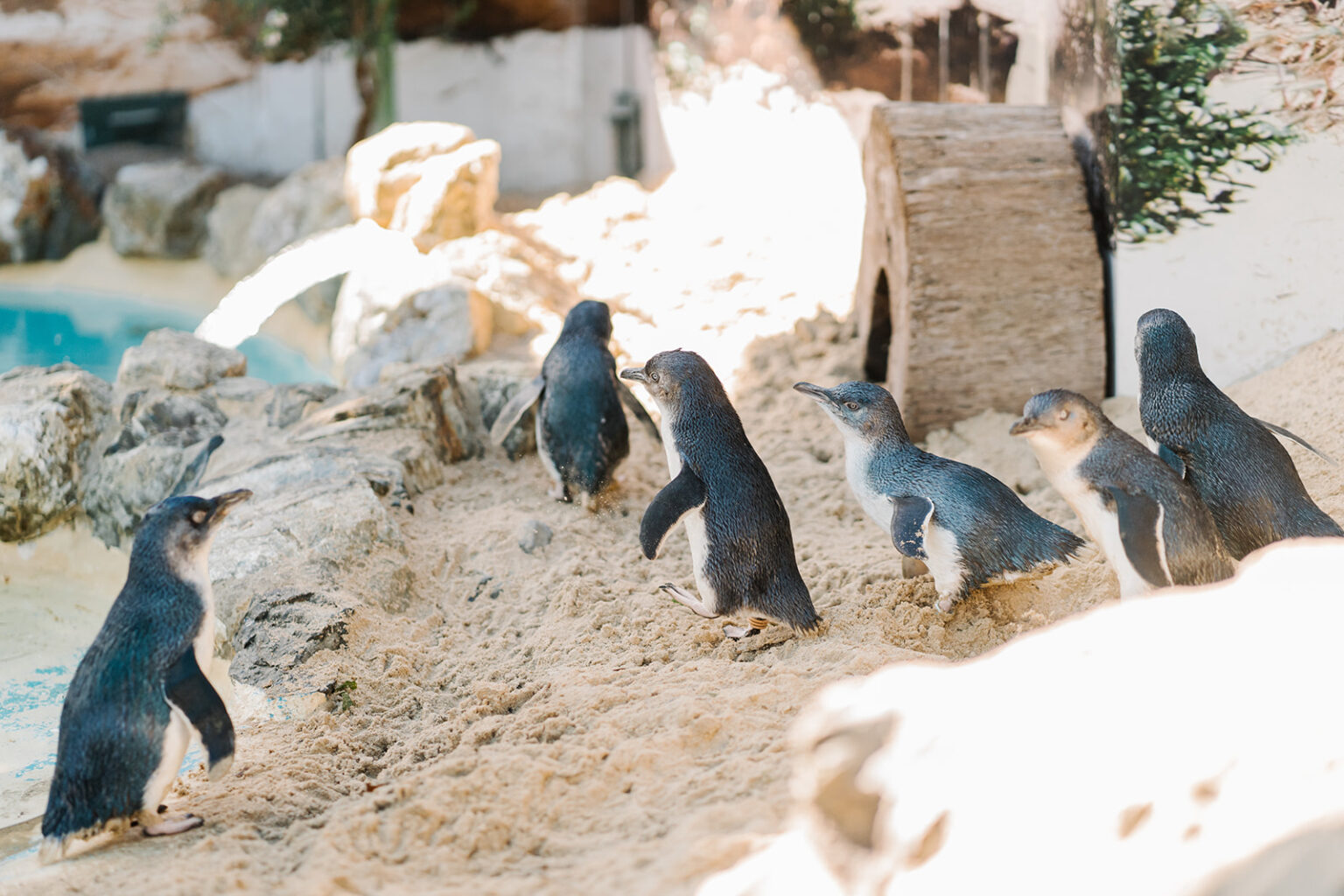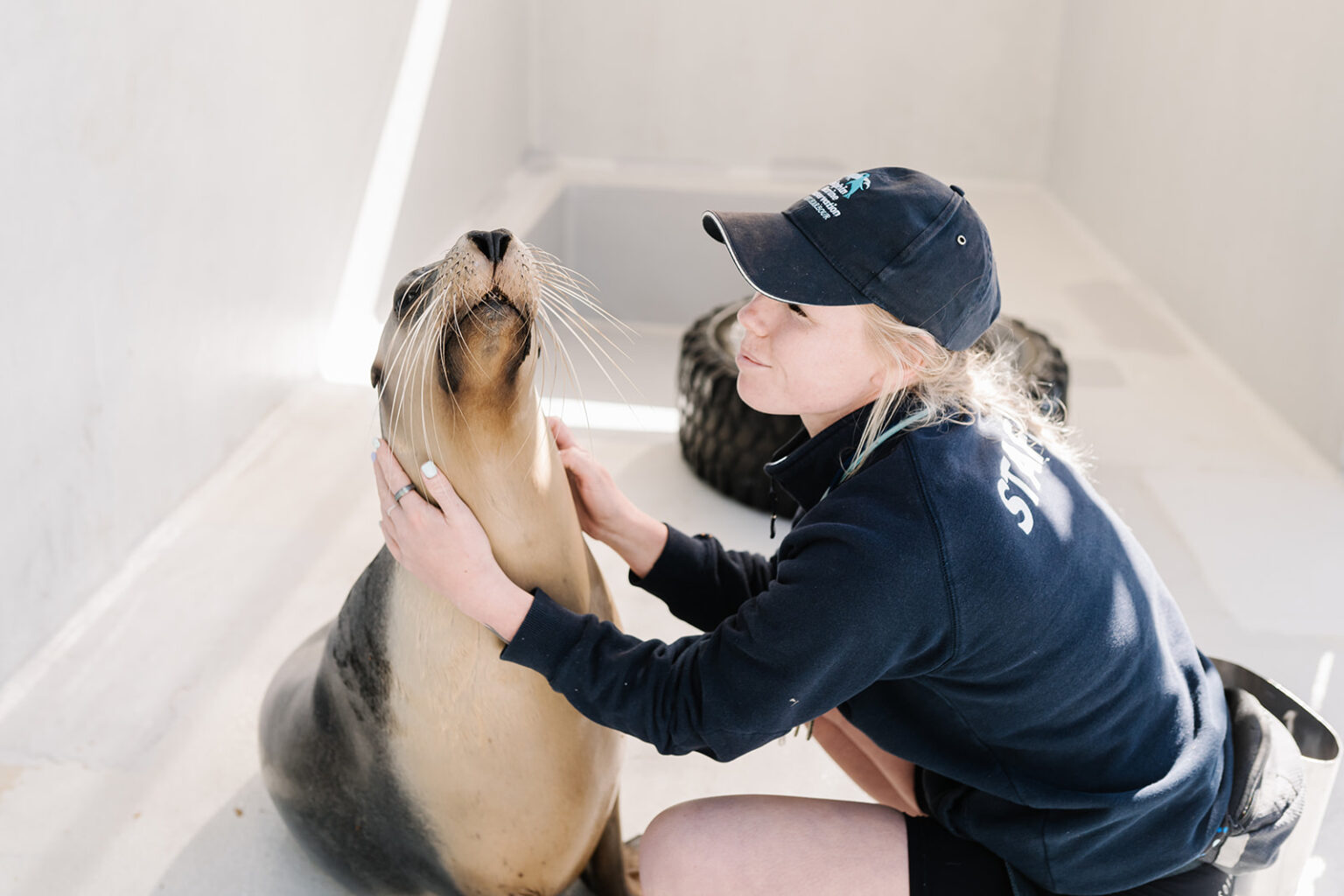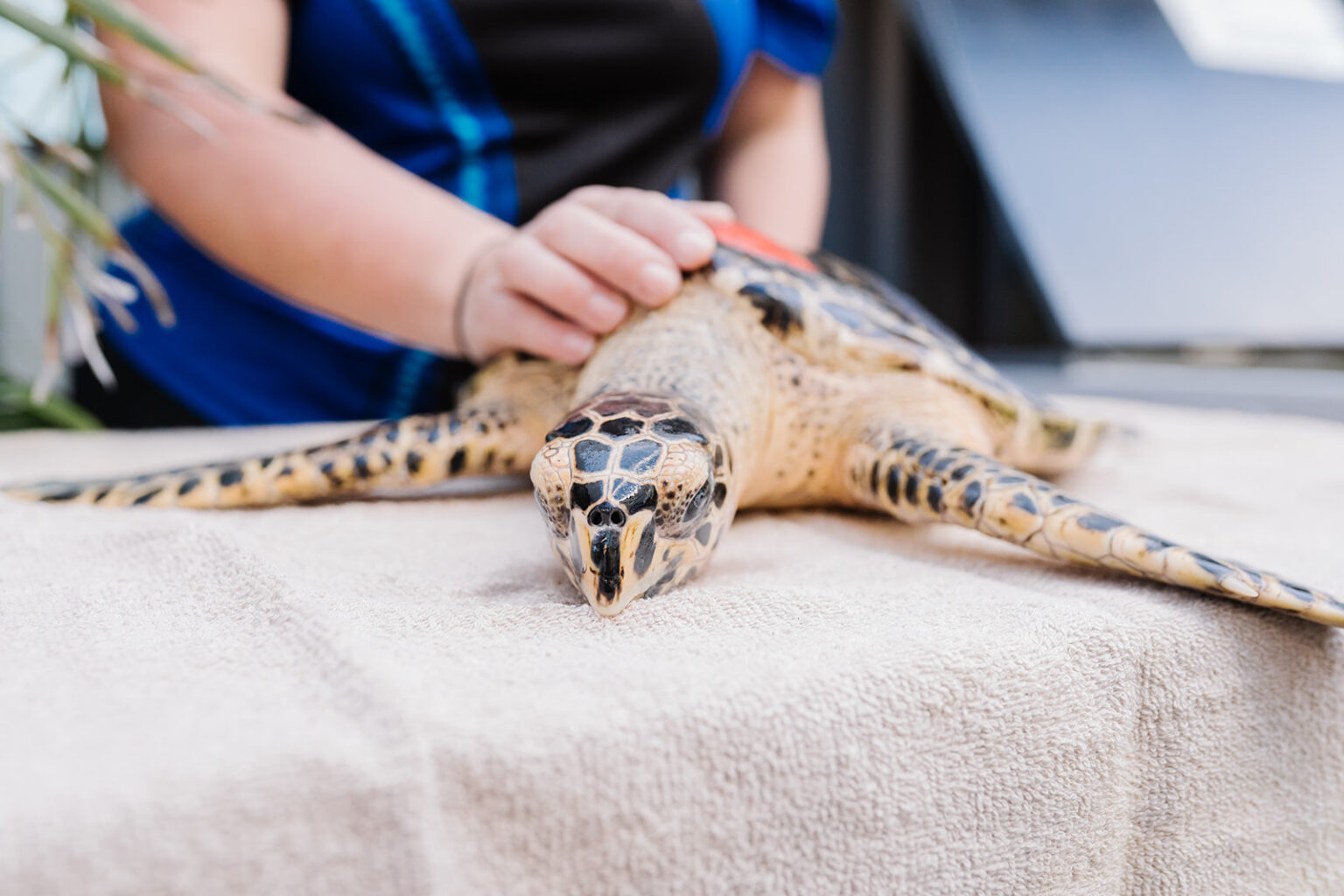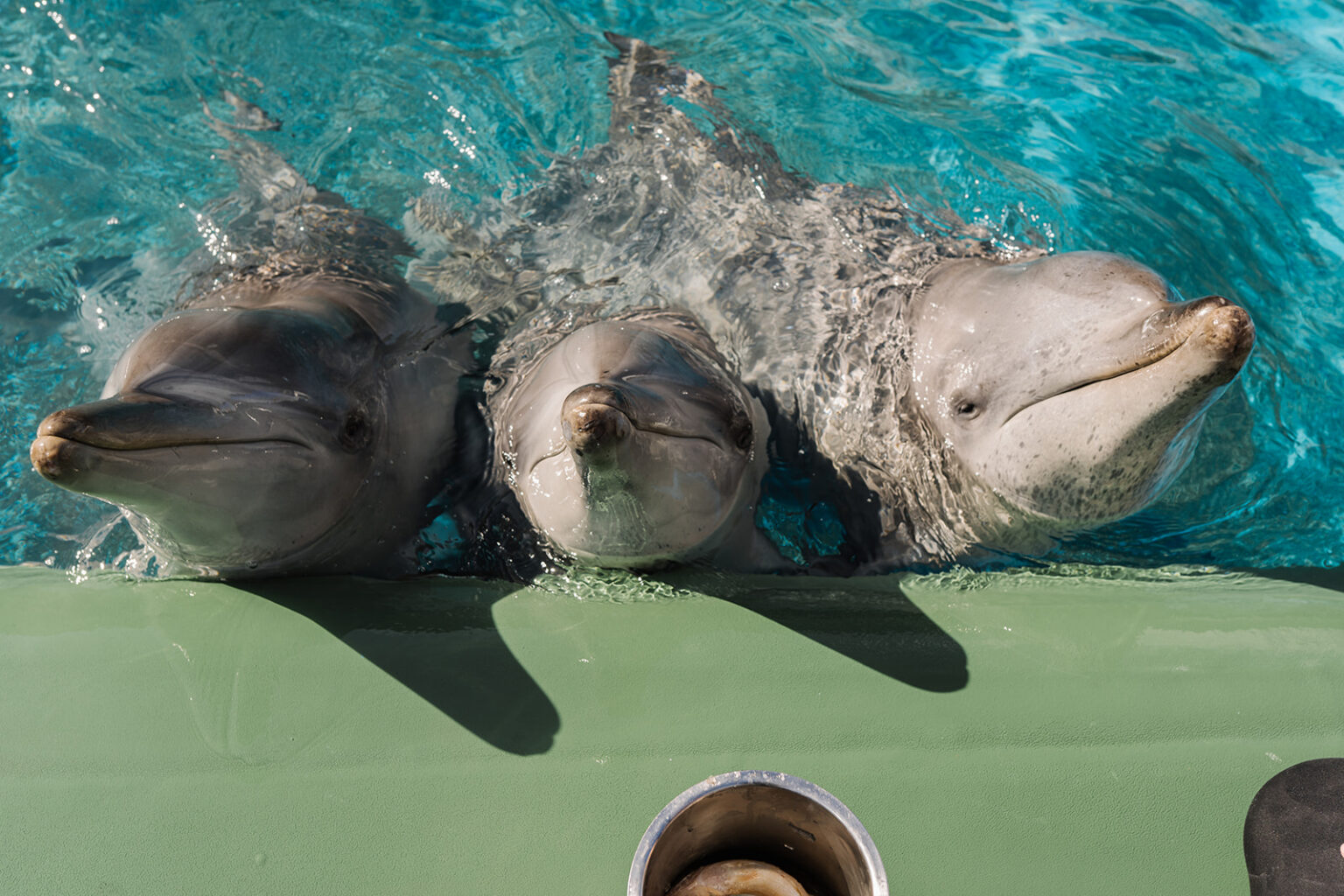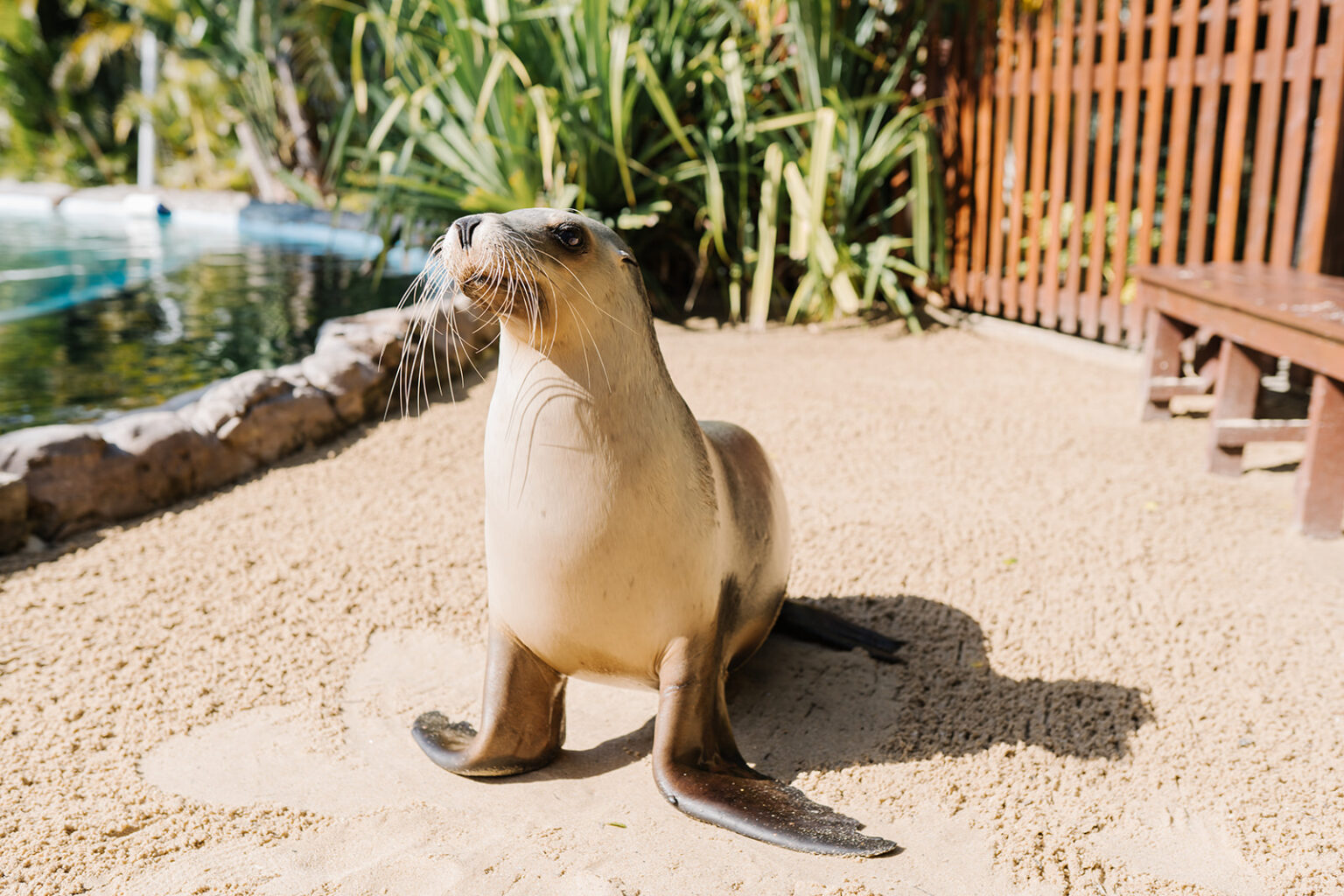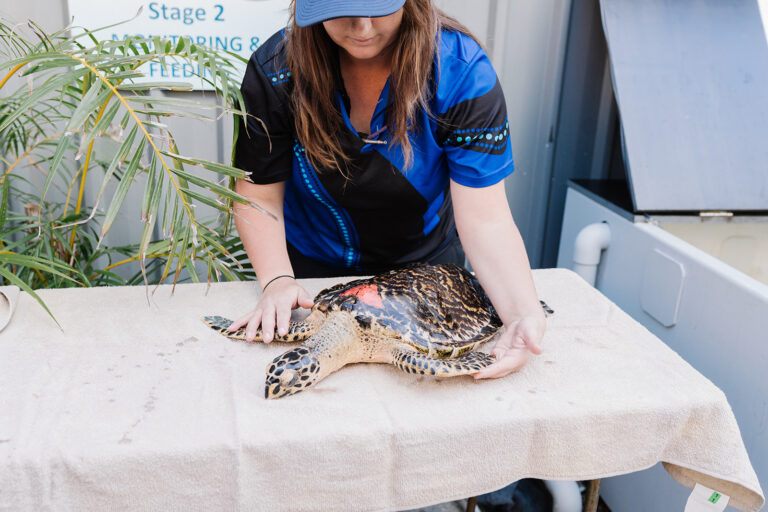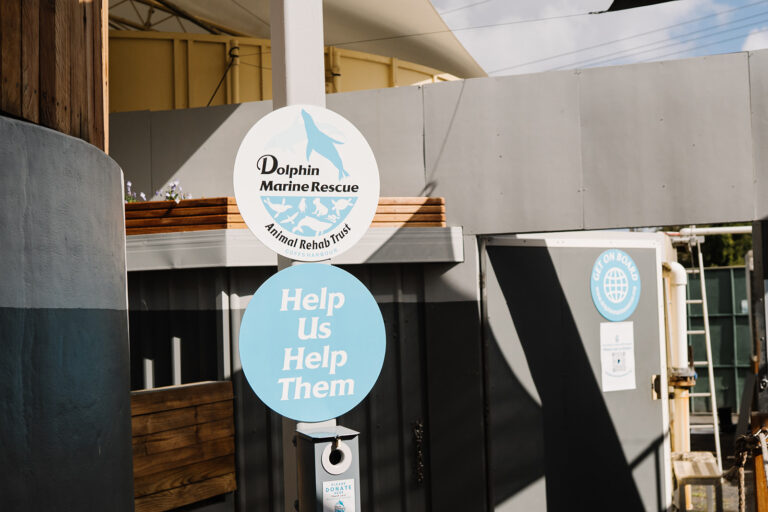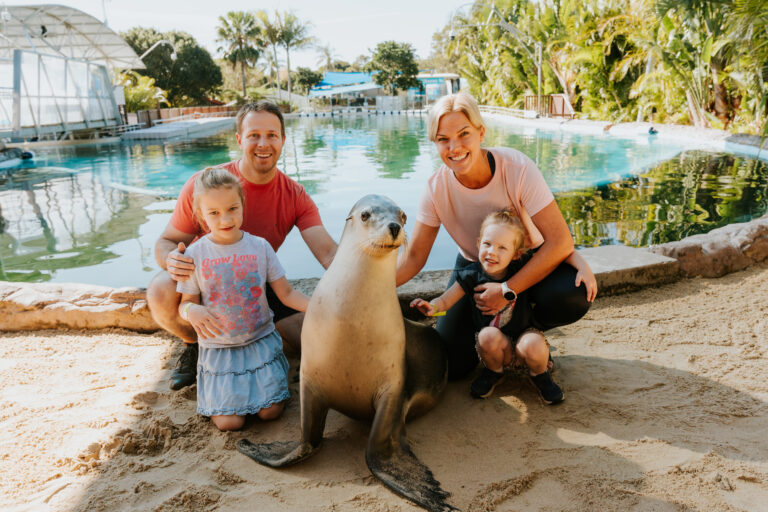Many Coffs Coast families would have fond memories of meeting the permanent residents of Coffs Coast Wildlife Sanctuary (formerly Dolphin Marine Conservation Park) over the years. From bottle-nosed dolphins to endangered Australian sea lions and Little Blue Penguins, these animals have been deemed unfit for release by government wildlife authorities and now call the park their forever home.
And with many of them living well into their thirties, it’s highly likely that the dolphin you saw as a child is the same one your own children will meet as well.
Last week it was announced that after 52 years of operation, the Dolphin Marine Conservation Park has entered voluntary administration. This means that, without support, the park will likely close, and these animals will need to find new forever homes.
Here are some of their stories.
Meet Ellie – the oldest sea lion in human care in the world
Many of you would remember Ellie, the endangered Australian sea lion who was a feature in the park’s public presentations in her younger years.
In the wild, sea lions tend to live to just 15 years old, but marvellous Ellie is now 29! No longer part of presentations, she is a great grandma who likes laidback strolls around the park – via her specially-made accessible stairs of course.
Ellie is very cuddly and enjoys a good scratch from her dedicated carers. Previously, she was part of a national incentive to help at-risk species through a breeding program, but these days she is helping researchers learn if sea lions go into menopause.
As you can imagine, at Ellie’s age, there is significant risk in transporting her to a new home. Her carers believe it is much better for her to continue to live out her days here – surrounded by the places and faces she knows best.
Meet Zippy, the bottle-nosed dolphin born at the park
Visitors to the park would have fond memories of Zippy, the now 35-year-old dolphin. He was born at the park – the son of Bucky, an iconic rescued dolphin who featured in the park’s public presentations.
Zippy loves to throw balls, interact with guests and always wants to be included in whatever is happening. His carers say that, during COVID closures, Zippy suffered the most out of any animal there as he didn’t get to interact with guests.
In the wild, dolphins live to around 30 years old but can live up to 50 years in captivity. However, Zippy suffers from Papillomaviruses, which can lead to cancer.
This means his ongoing treatment at the park is essential to his survival, and, combined with his age, a move to a new home would be very tough on him
Meet Sam – the blind 18-year-old Little Blue Penguin
Another elderly legend, Little Blue Penguins usually live to around 10 years old, but Sam is still going strong at 18!
Sam was rescued in Port Macquarie but deemed unfit for release and is now part of a breeding program to protect the species.
Despite his age and vision impairment, Sam is a loving partner to his female friends – regularly checking in on them in their burrows as they wait for their eggs to hatch.
Due to their small stature and limited defences against predators like foxes, Little Blue Penguins are vulnerable to attack. Whole populations can be wiped out in one night, which makes captive populations like the one at the park an important insurance measure for the species.
These are just three of more than 50 animals who call Coffs Coast Wildlife Sanctuary home – dolphins, turtles, penguins, fish, sharks, rays and more.
Some, like the sea lions and penguins, are part of vital breeding programs to protect the species. Others simply can’t be released due to their age, medical conditions or inability to hunt for themselves.
All of them make vital contributions to marine research and conservation education.
Finding them new homes would be a challenging task. They would need to be transported hundreds of kilometres away, to unfamiliar places and carers.
But you can help ensure these animals get to live out happy lives in their Coffs Coast home.
Read more stories about Coffs Coast Wildlife Sanctuary
